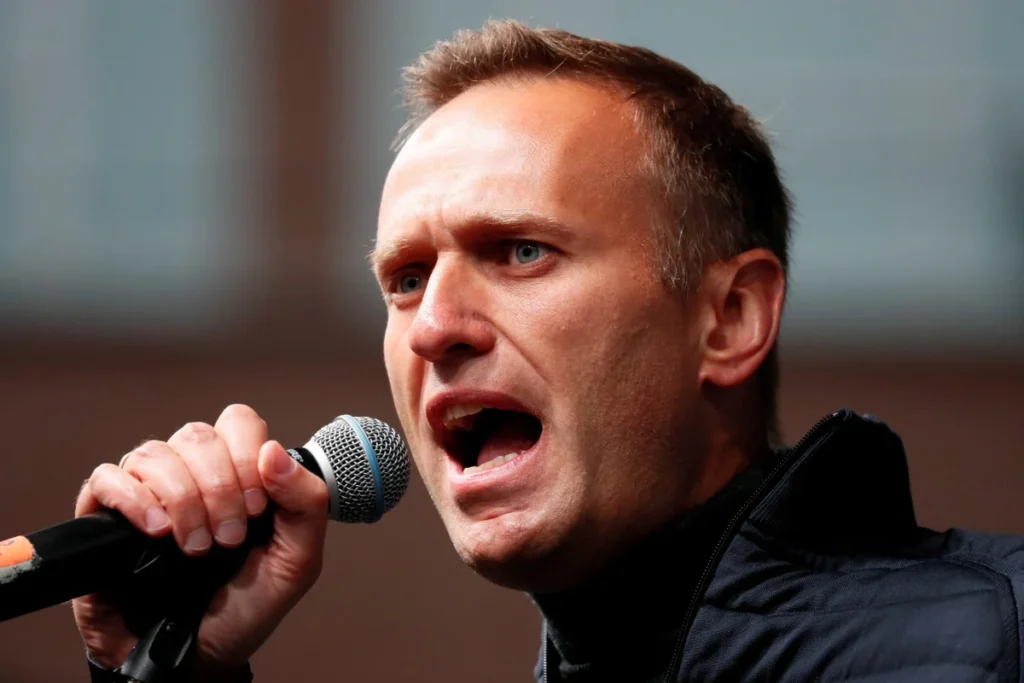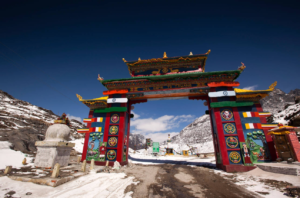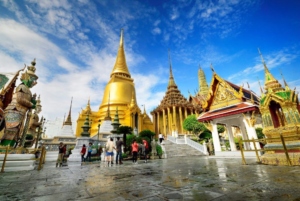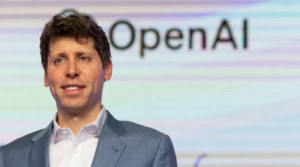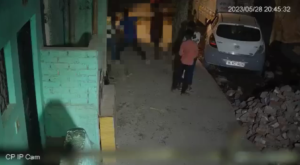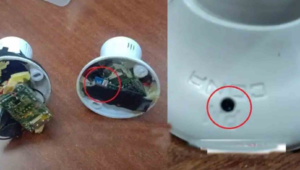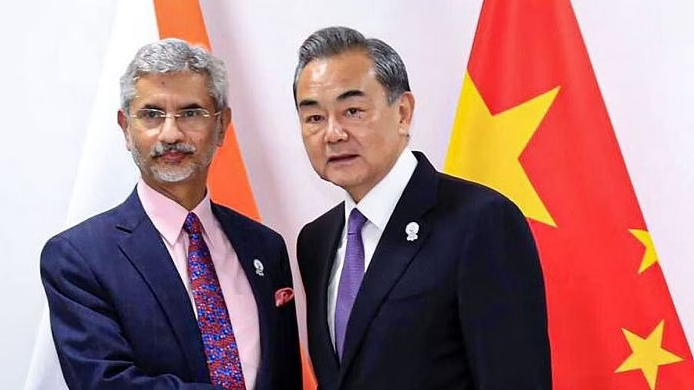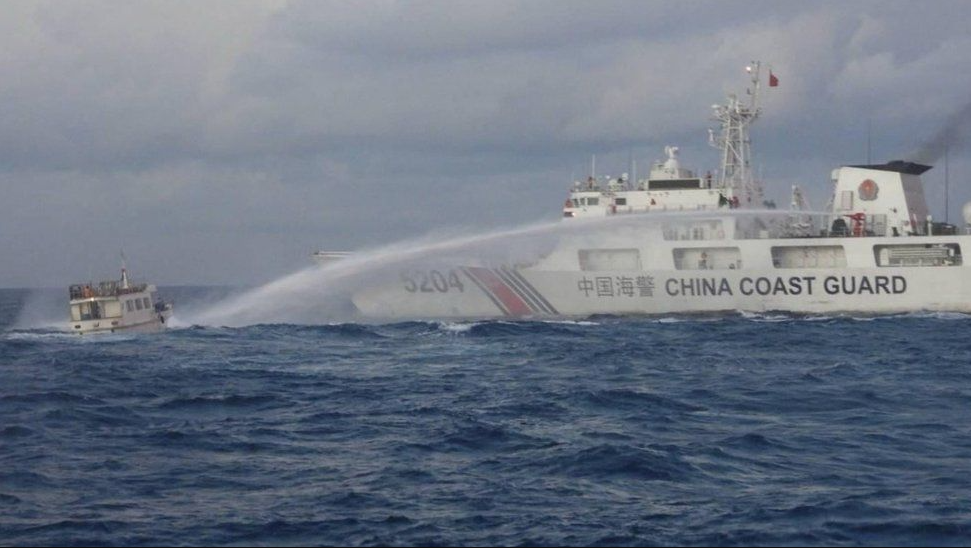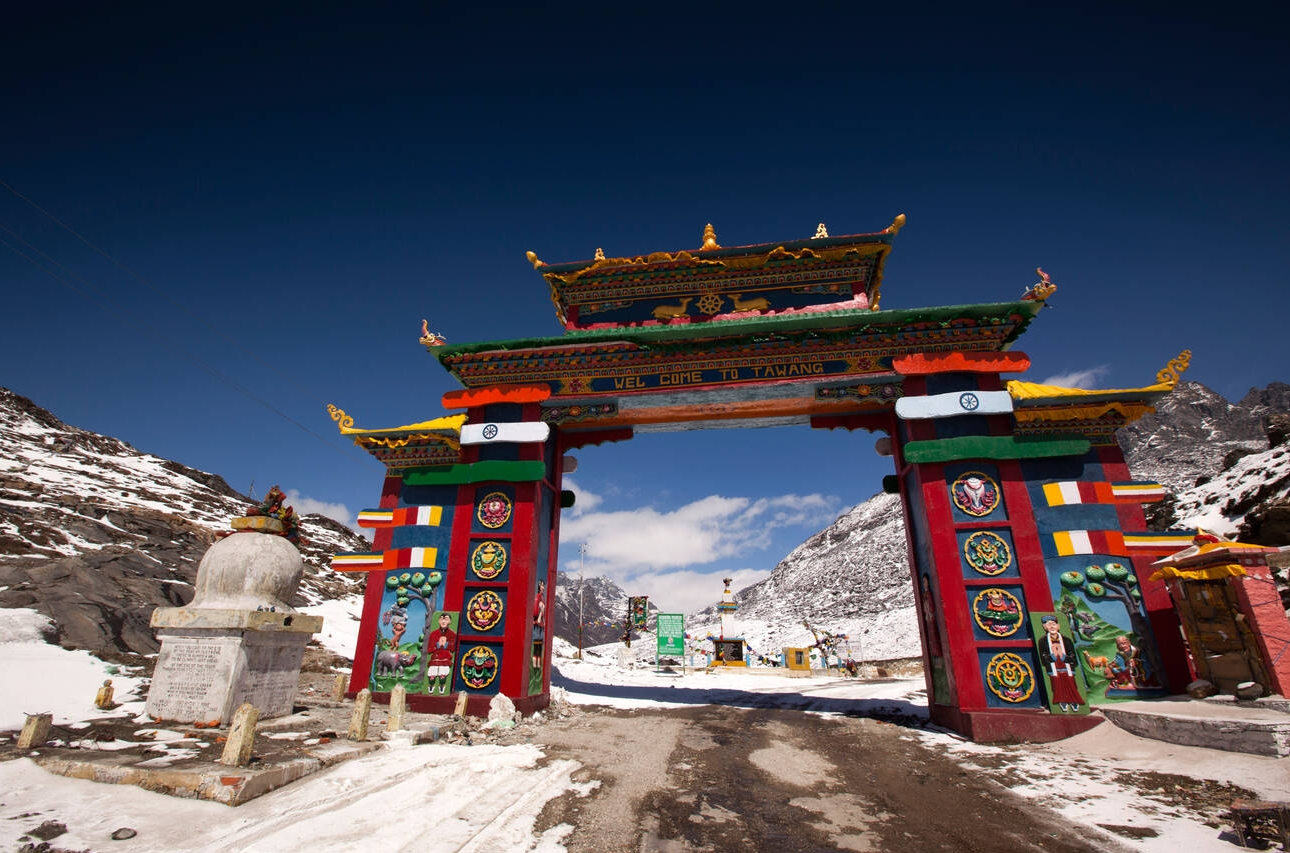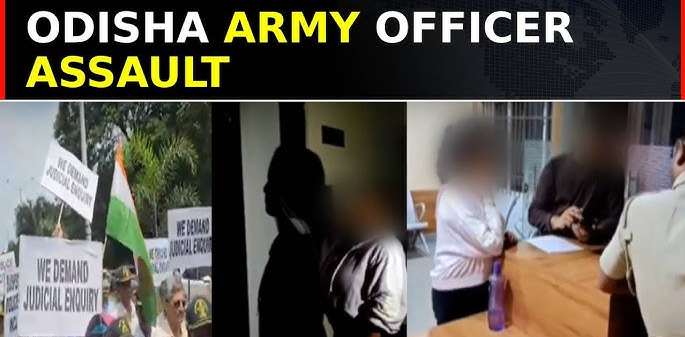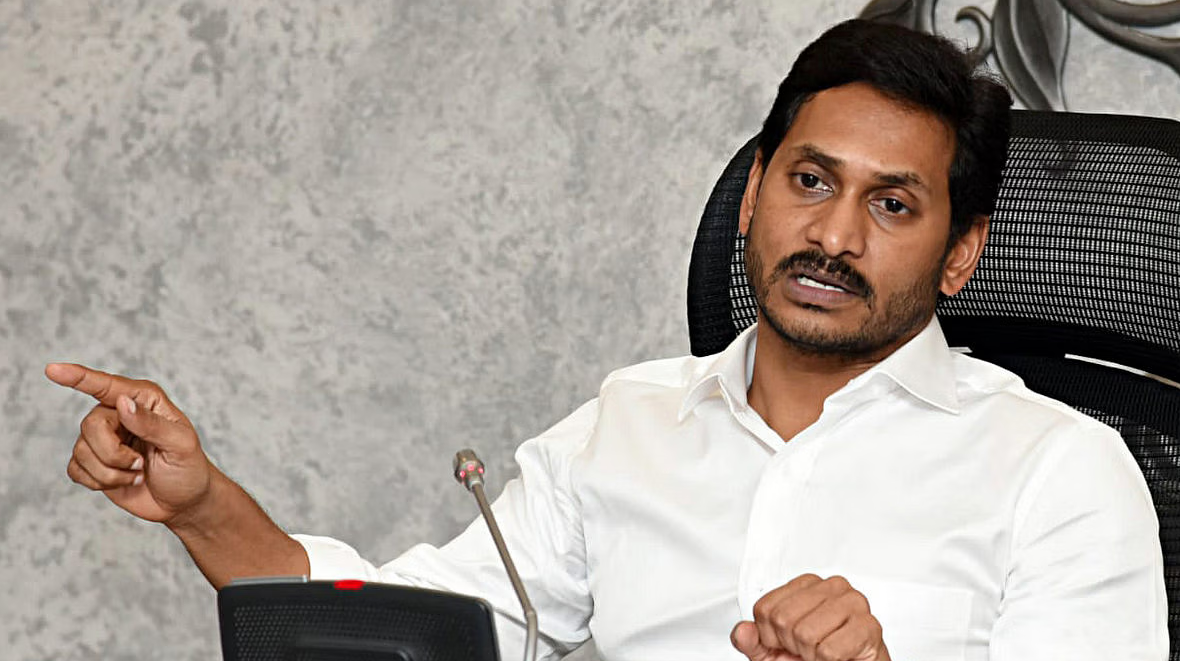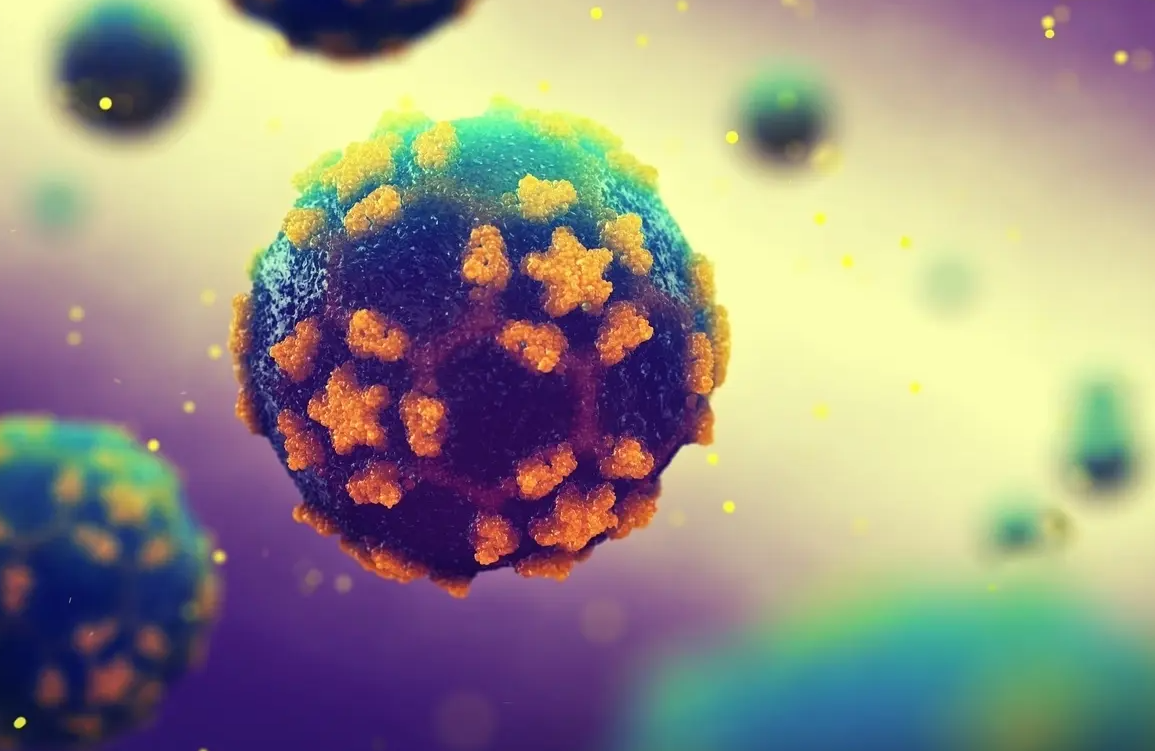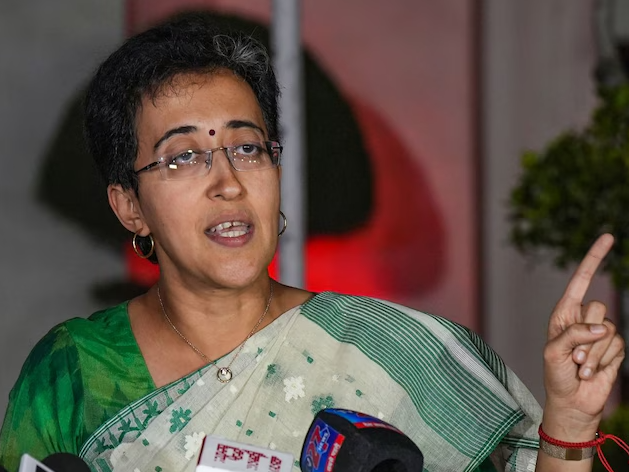Alexei Navalny, the most prominent critic of President Vladimir Putin and the leader of Russia’s opposition movement, has died in prison, according to regional authorities.
The prison service of the Yamalo-Nenets region, where Navalny was serving a 30-year sentence on charges of extremism and fraud, said in a statement that he had died on Friday after feeling unwell following a walk.
The statement did not specify the cause of death but said that Navalny had received “all necessary medical assistance” and that an investigation was underway.
Navalny’s death sparked outrage and grief among his supporters and human rights activists, who accused the Kremlin of orchestrating his murder.
Amnesty International called Navalny’s death “a devastating blow to the human rights movement in Russia and beyond” and urged the international community to hold the Russian authorities accountable.
“Alexei Navalny was a fearless defender of democracy and a vocal opponent of corruption and repression in Russia. He paid the ultimate price for his courage and convictions. His death must not be in vain. The world must not turn a blind eye to this tragedy and the grave human rights violations that led to it,” Natalia Zviagina, Amnesty International’s Moscow Office Director, said in a statement.
About Alexei Navalny:
Navalny, 47, rose to prominence as an anti-corruption blogger and activist, exposing the wealth and wrongdoing of Russia’s elite. He ran for mayor of Moscow in 2013, coming in second with 27% of the vote, and attempted to run for president in 2018, but was barred by the authorities.
Alexei Navalny survived a near-fatal poisoning with a nerve agent in August 2020, which he and his allies blamed on the Kremlin. He was arrested in January 2021 upon his return to Russia from Germany, where he had been treated for the poisoning.
Navalny was sentenced to two and a half years in prison for violating the terms of a suspended sentence from a 2014 fraud case, which he denounced as politically motivated. He was later given additional prison terms for other charges, including creating an extremist community and financing extremist activities.
Navalny went on several hunger strikes to protest the prison conditions and the lack of medical care for his health problems, which he said were a result of the poisoning. He also continued to release investigations and messages from behind bars, urging his supporters to keep up the fight for democracy and freedom in Russia.
His death comes amid a crackdown on the opposition and civil society in Russia, as the authorities seek to suppress dissent and dissenters ahead of the parliamentary elections in September.
Navalny’s allies and supporters have vowed to continue his legacy and his mission, despite the risks and the repression.


